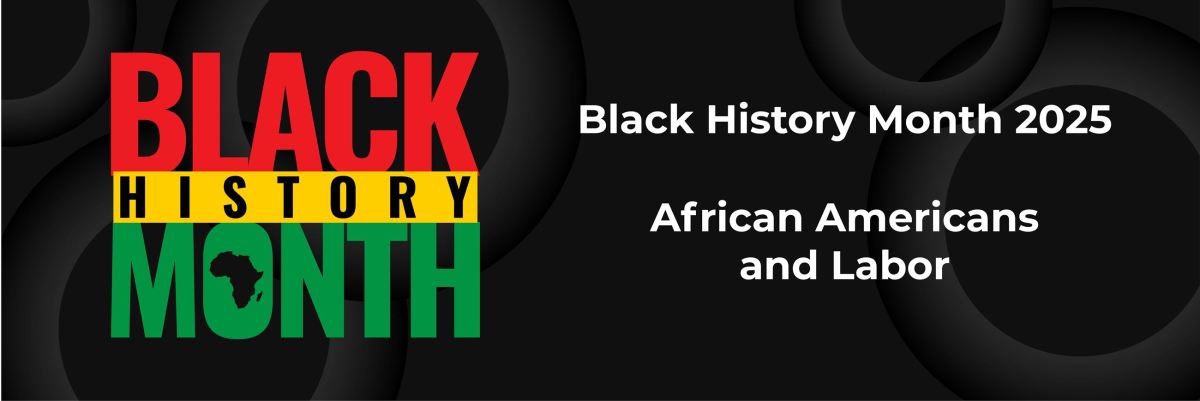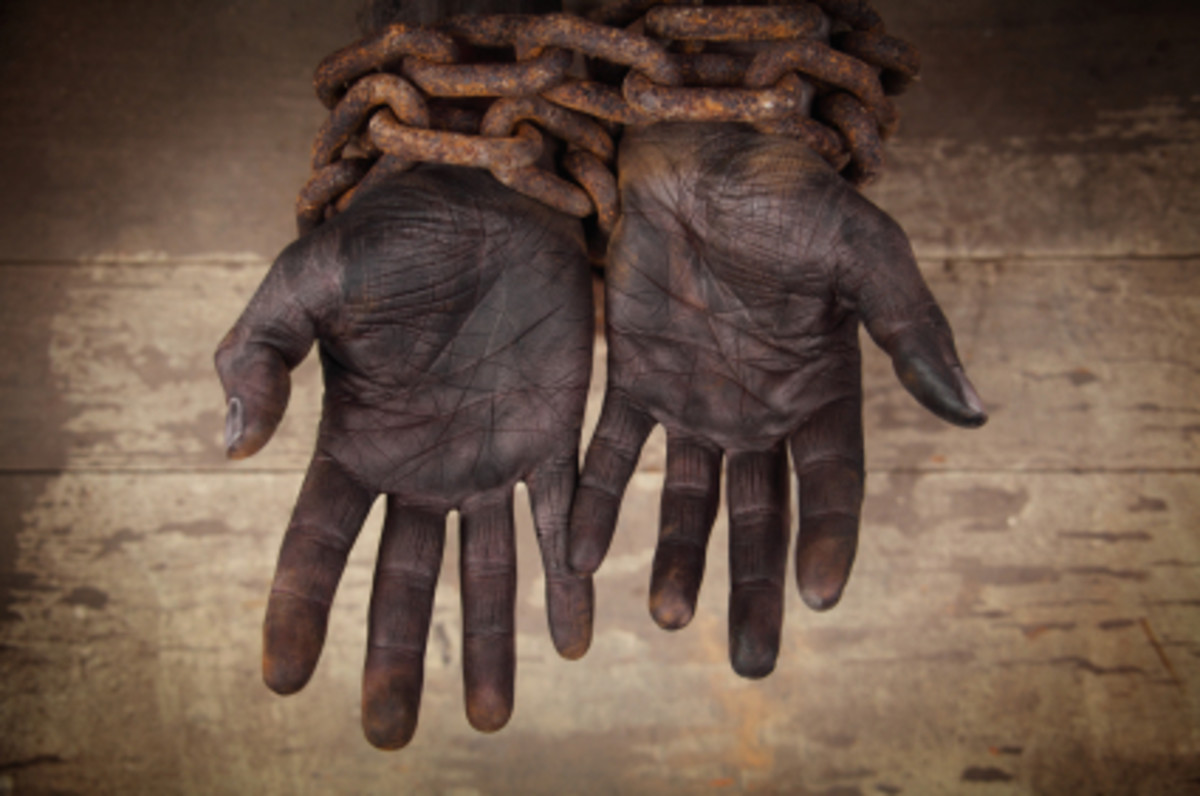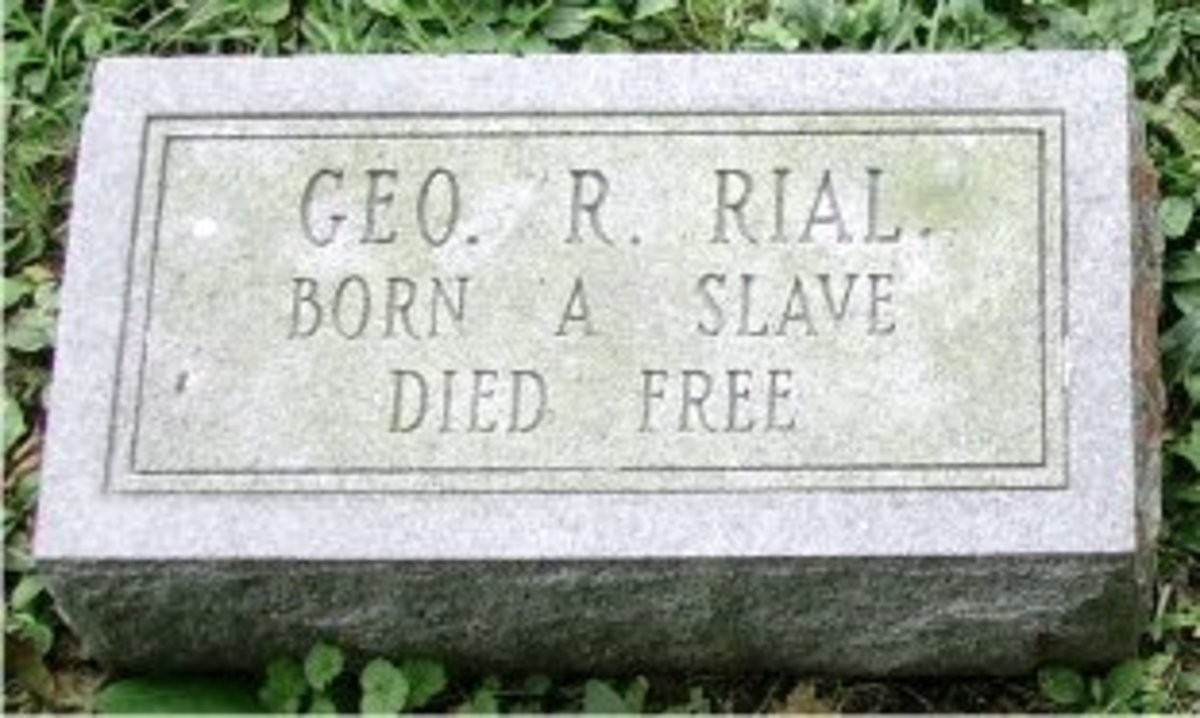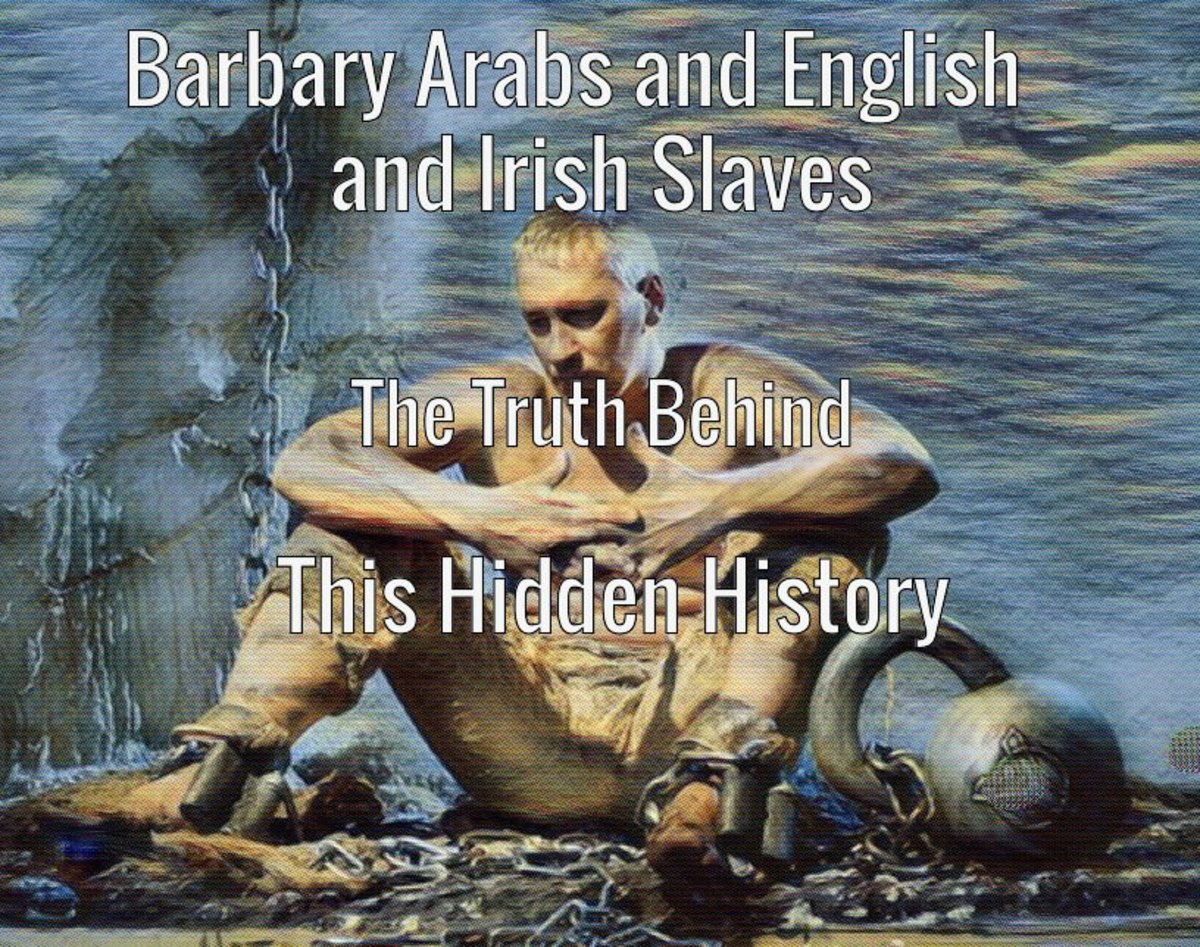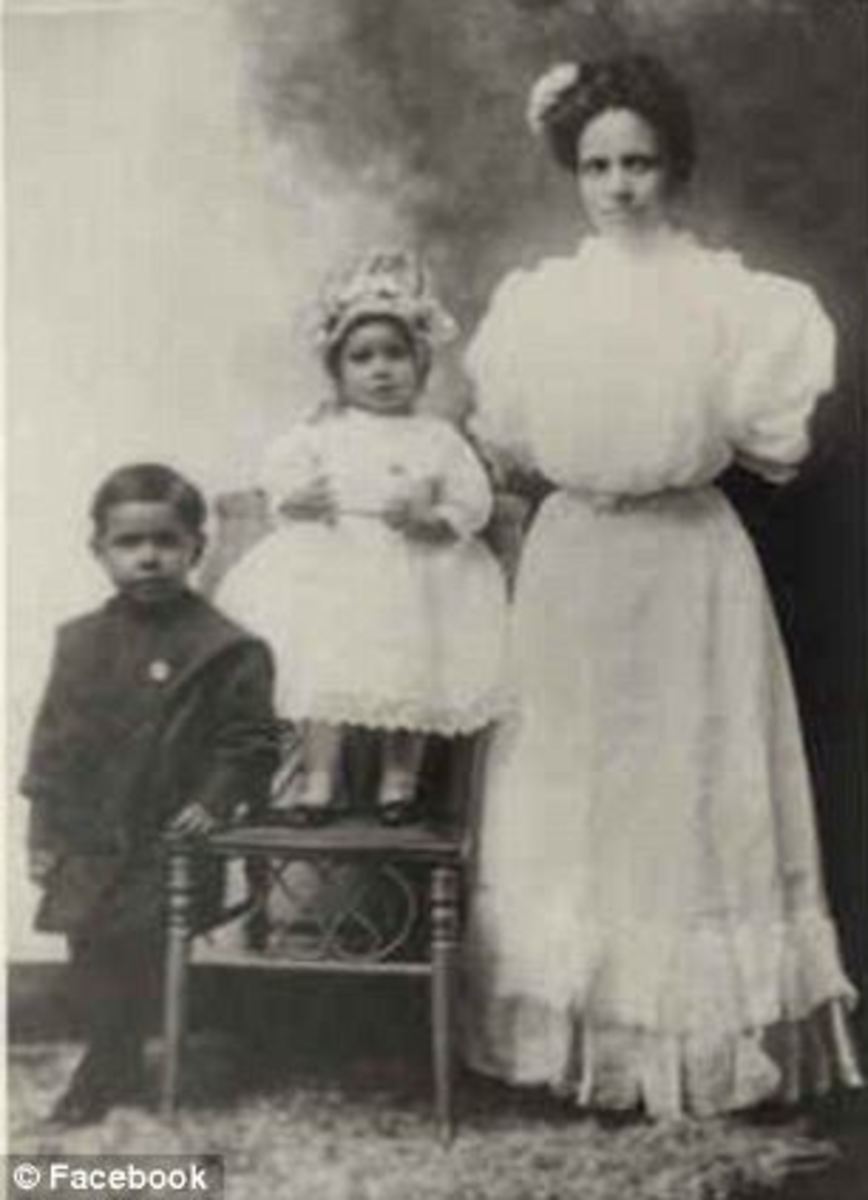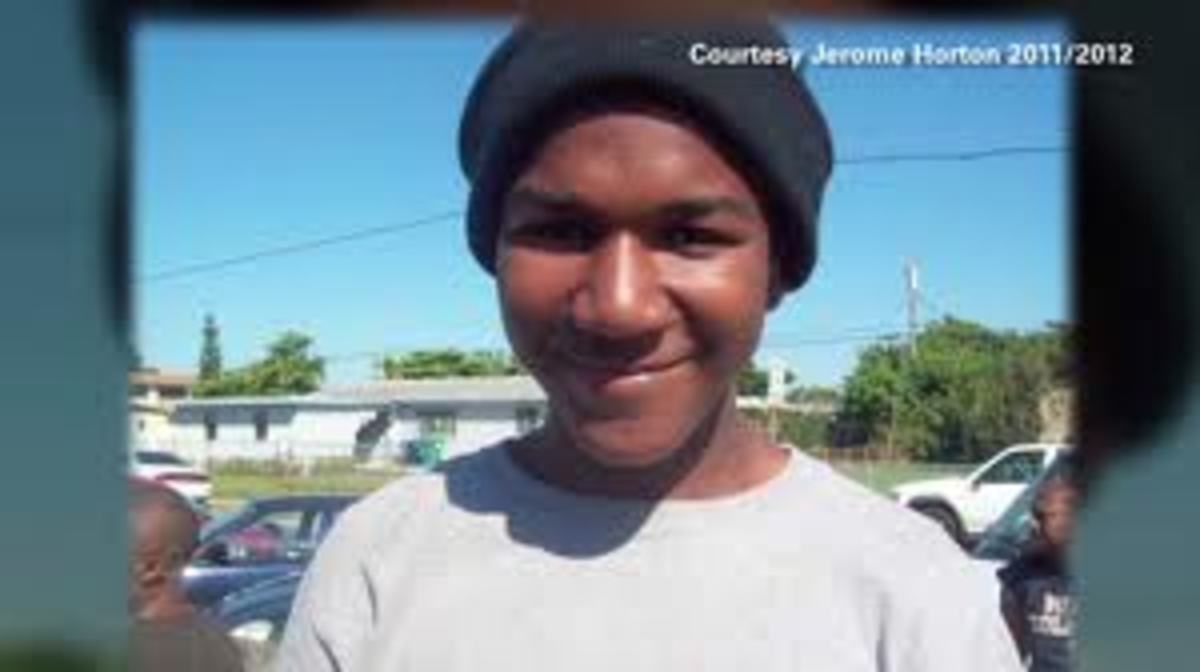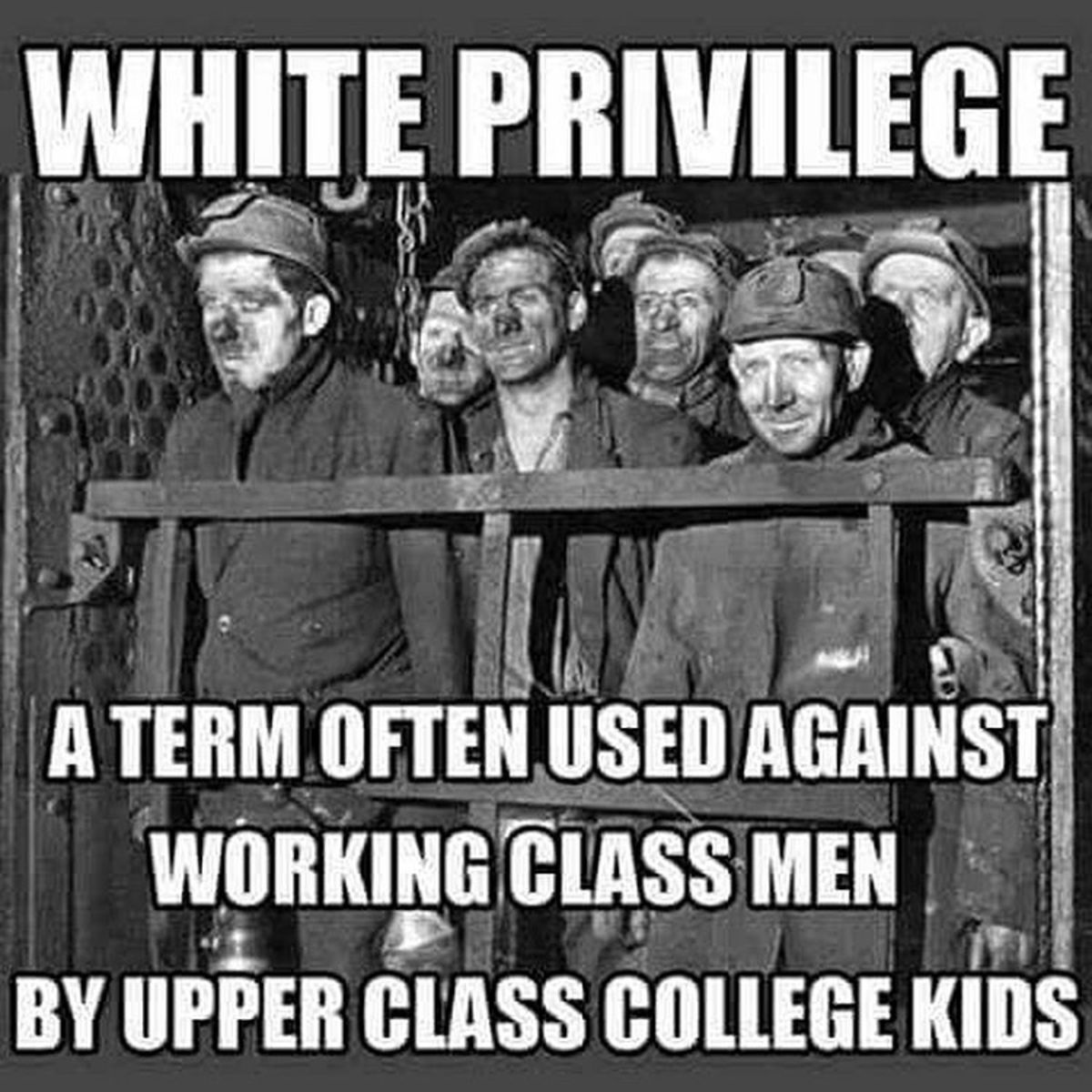Black Struggle To Self-determine Their Place in History

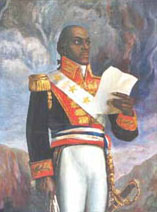
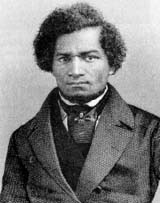
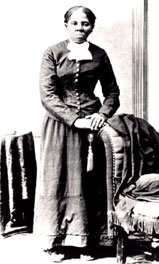
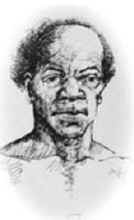

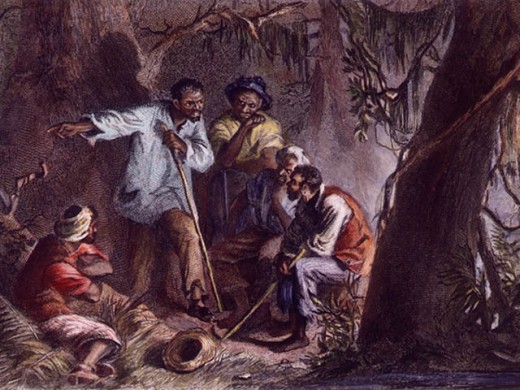
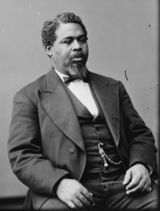
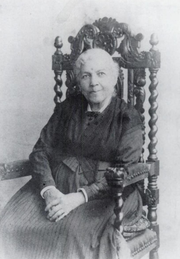
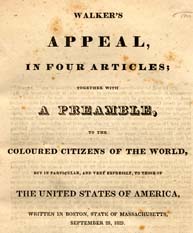
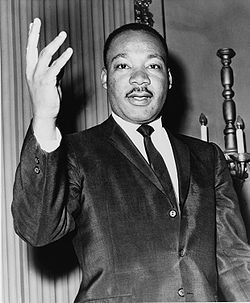
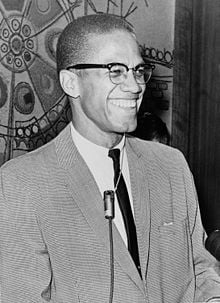
Why Do We Need Black History Month?
The following is an essay that sets out to answer questions that my children posed to me about identifying some positive accounts of black leadership in history. I wrote this essay as a product of the North American and Caribbean educational system; a system that has failed to educate me enough about my history. I struggled to find satisfactory answers to my children's questions. I had to search for historical accounts that depicted blacks as contributors to changing their destiny and thus impacting the world. This essay represents my answer to my children, D'Andra and D'Vantae. Come with me as I attempt to answer their query about some of the positive ways in which black people impact their own history.
The struggle to gain self determination among black people has been fairly well documented in history. Many mainstream historical accounts however give the credit to others, not the blacks themselves for moving their plight along. If one were to arrive in North America from outer space and read for the first time mainstream accounts of black slavery, he would find minimal accounts of blacks resisting the statusquo and thus forging their self determination. If he gained his education through our North American and Caribbean school systems, he would hardly know of the strength, fortitude and resilience of black slaves and their impact on the economical development of the new world. On the other hand, if he did a little research, he would find that there are numerous instances of blacks pushing back against a system that strived to dehumanize and demoralize them; of blacks participating in the building of a nation. This begs the question: how do these myopic views in historical accounts impact the present and future generations who are/will participate in the educational systems and eventually lead our world?
Blacks Resistances From 1600s-1800s
Even though it is evident that black slaves lacked political and economical powers in the 1600s to 1800s hence were unable to speedily challenge the establishment in a unanimous way, there are many accounts of their valiant efforts to confront the statusquo. There were numerous accounts of rebellions and uprising among slaves in North America and the Caribbean as they strived to change the course of history. It was apparent that these rebellions as well as the decline in the profitability of agriculture, (the onset of the industrial revolution) eventually led to the decline in profitability of slavery. Even with deliberate strategies to dissect the black psychic; its culture and its identity and to force the acceptance of the statusquo, still the black spirit survived and continued to push for change. During the Civil War and American reconstruction era, there are many accounts of blacks challenging the statusquo. The Civil Rights era was another demonstration of blacks (Martin Luther King Jr. and Malcolm X) challenging the statusquo. Presently, blacks have more opportunities to effect socio-political changes more than at any other time in history. Many African American did not believe that they would witness a black President in the Whitehouse. Today blacks continue to challenge the statusquo on a less visceral level. The black struggle continues, on an intellectual basis. It involves sharing their diverse stories and disseminating information from their perspectives, especially about their history.
African slavery started by the Portuguese in the fifteen century. The Dutch, French and British later got involved in the sixteenth to nineteenth centuries. From the beginning of the transatlantic slave trade many blacks resisted slavery and as a result many died during the middle passage; they rather died than become slaves. They were not docile creatures, taken as lambs to be slaughtered. There are some historical accounts of slave rebellions on the ships during the middle. Many slaves refused to eat as a mean of resisting the grossly inhumane treatment that they encountered on the ships. Some even jumped overboard, committing suicide to avoid taken as slaves. Some captains of the middle passage ships implemented several measures to ensure the delivery of their cargo, such as forced feeding, isolation, the cat o’nine tails and the constant threat of being eaten or thrown overboard to the sharks. The gun was the ultimate weapon of deterrence to slave rebellions. Is it any wonder that the gun still hold so much intrigue for many who feel disadvantaged? It is an instrument of power, used to demand compliance.
Black Slave leaders in the Americas and the Caribbean
When the African slaves arrived in the New World, they were forced to give their sweat, blood and lives without compensation or recognition to build the emerging economies of the Americas and the Caribbean. Many were flogged, beaten or killed for resisting the cruelty and abomination of the establishment. Many were separated from their families. They were stripped of their identities including their names and language. They were resilient and soon formed a new way of coping with their harsh environment; some of these can be heard from the Negro spirituals that have been passed down for generations. The Masters tried to discourage this creolization, but the slaves fought back. They created songs and dances to express their pain and suffering and to aid in their relief and revive their damaged spirits. The African slaves resisted against the establishment that was oppressing them through passive resistance but also overt rebellions. Herbert Aptheker, historian, calculated that over two hundred separate slave revolts and conspiracies took place from the 1600's to the end of the U.S. Civil War in 1865. Characters such as Gabriel Posser, 1800; Denmark Vessey, 1822; David Walker and Mariah Stewart, 1829; Nat Turner, 1833; Harriet Jacobs; Frederick Douglas, 1843 were instrumental in leading some of the most famous slave revolts in the US both physically and through the written and spoken words.
In the Caribbean, there are numerous accounts of slave rebellions between 1735 and 1835 during the height of the transatlantic slave trade, led by Britain. Jamaica had the highest number of rebellions where the Maroons were constantly at combat with the British soldiers. Tacky, 1760; Samuel Sharpe led the Baptist War of 1831-32 and Nanny of the Maroons led successful revolts against the plantocracy in Jamaica. The most successful slave uprising in the Americas was that in Haiti which began in 1791 and was eventually led by Toussaint L'Ouverture. The Amistad Mutiny which occurred off the northern coast of Cuba in July 1839 was led by black slaves who intended to sail back to Africa.
Inaccuracies In Reporting Slave Rebellions
Several historical accounts of slave rebellions are recorded in a way that highlights the outcome as failures. These accounts point more to the number of people who led the rebellion as it relates to the number of people who were killed as punishment for of their involvement. Presented this way, the account focuses on the punishment for the rebellion as deterrence rather than highlighting the cause of the uprising or rebellion, and the dent the rebellions made in the struggle for freedom. For example, the Slave rebellion in St. John the Baptist Parish --Jan 8-10, 1811—highlighted that 500 slaves took part and 100 were killed in the Louisiana rebellion. What does this say about the effects of black rebellion? Obviously it is alluding that it was not very effective and that those who might consider following suite, should be warned. No mention is made of the courage of these heroes who sacrificed themselves to bring attention to their cause.
School Drop Out Rate In North America
Today we lament over the high school dropout rate of our children; 2007 USA figures show that Georgia has the highest dropout rate of 22.1% for young adults between 16-24 years old; followed by Florida with 20.1%. More than one of five Blacks had dropped out of school (21%)--versus a dropout rate for Whites of 12.2%. Statscan reports that in 2006-2007 the dropout rate among 20-24 years old Canadians is at 9.3%. Parents, teachers, school administrators and politicians try to understand why minority males tend to perform so poorly in the educational systems. We seek to place the blame on the young people, their families, their socio-economical status, their race or their attitude to learning. Even though some of these reasons contribute to the lack of interest that we observe toward learning, especially among males, we need to look at our school curriculum. How does the information that we teach about our history affirm or minimize our children’s self esteem? How relatable is the curriculum to them? Do they see a place for themselves in the world as highlighted by our history?
Black History Month
USA and Canada celebrate Black history month in February each year. My observation of this celebration is that while it could be an opportunity to celebrate black history and recognize some of the heroes/heroines who have been overlooked in history, it turns out to be a month when no new information is learned; no new knowledge is gained about our history; it completely lacks effectiveness. In some schools Black history is portrayed only as rap music and is celebrated with a school dance. Where is the learning? How about researching some of the black leaders of the past? Not just the popular ones that we all know about, but the countless others who gave their lives for our freedom. Why are we still uncomfortable to talk about the ‘little matter’ of slavery that helped to establish and build North America? Why do we need Black history month? Its time that all our history be taught accurately and not just mentioned as a footnote when describing the building of North America.


